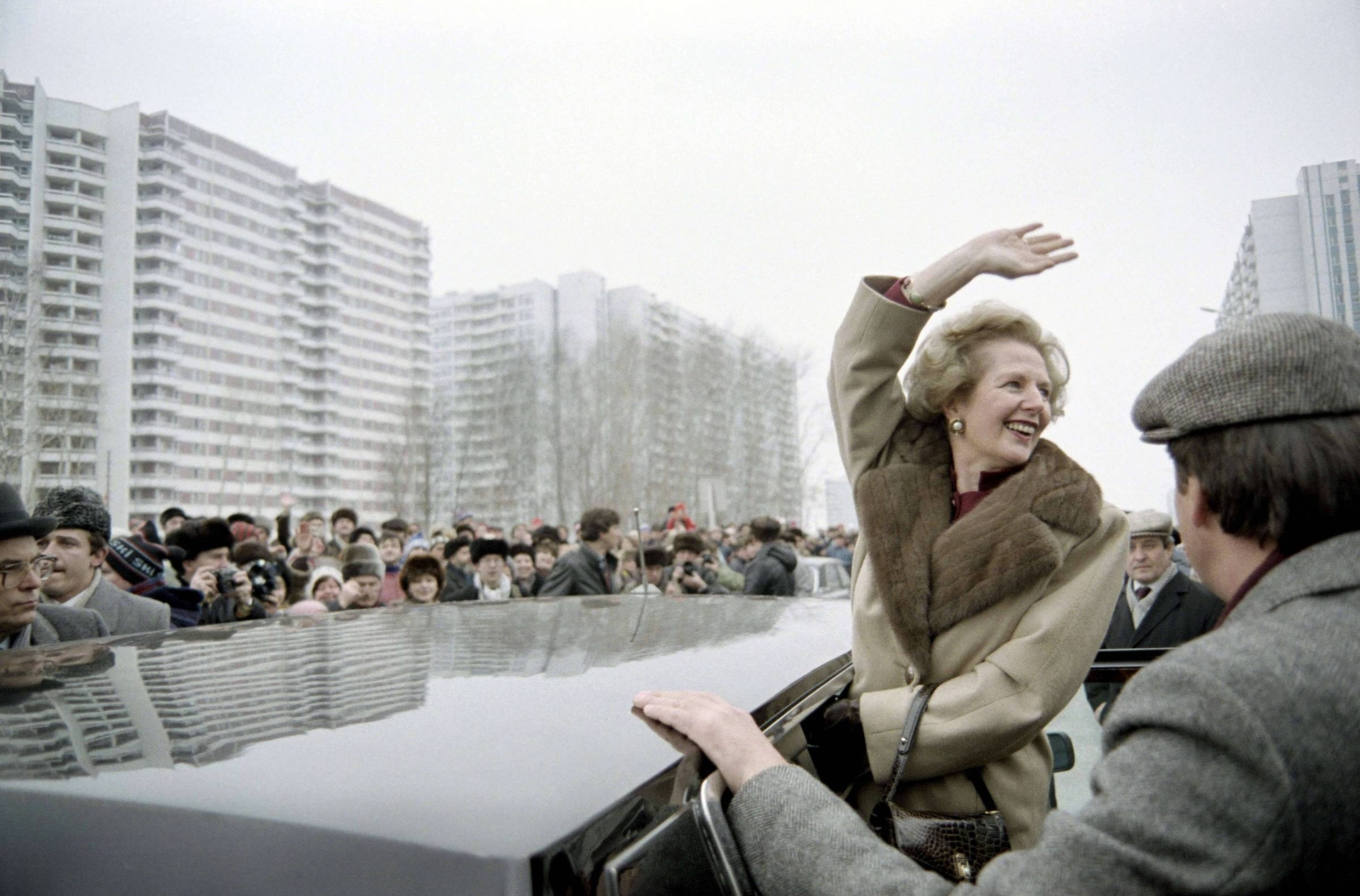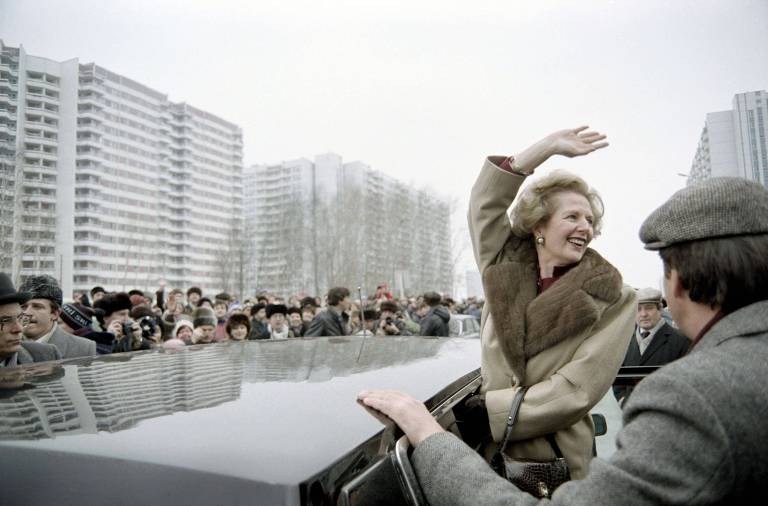One hundred years ago, Margaret Thatcher was born, an unattainable paradigm for conservatives.

"This lady will not change course," Margaret Thatcher said a year after becoming Prime Minister of the United Kingdom , the first woman to hold the position. She went on to become the longest-serving Downing Street resident since the 19th century, true to her era-defining statement.
Inflation, recession, privatization, the Soviet Union, Argentina , miners and the Labour Party. From 1979 to 1990, Margaret Hilda Thatcher, who would have turned one hundred this Monday (13), left as a legacy the cult of neoliberalism and a remarkable set of marks and scars on British society and the world.

At the Conservative Party conference in 1980, when she described herself as inflexible, the "Iron Lady" didn't yet exist. Thatcher was simply the "milk thief" who stole milk from primary schools. In 2013, in its account of her death , this newspaper recounted the tributes left in front of her house on that April 8th: 46 bouquets of flowers, a wreath, two photos, and a suggestive little bottle of milk.
Last week in Manchester, Thatcher's memento consisted of three of her outfits on display to attract an audience for the last conference of the Tories, as the Conservatives are known. The appeal failed. Nostalgia, decadence, and empty chairs marked the event.
Founded in 1834, the party that governed Britain for two-thirds of its time has been sinking in the polls since leaving power last year. Nigel Farage's Reform UK, a malicious politician waving the obvious banners of European populism , is the voice of the current right.
Although a historical reference and repackaged in a speech by Kemi Badenoch, the party's current leader, Thatcher's toolkit offers no solution to today's crises. "In many ways, she is still the problem," wrote Martin Kettle, a columnist for the British newspaper The Guardian.
Thatcher did a lot for the British economy. She took over and handed over a country in recession, but at a different level. While per capita income in the UK staggered relative to that of the US until 1979, to the point of being caught up with other European powers, things reversed again under her administration.
The social cost was immense. The long postwar welfare state was shattered by high interest rates and restrictive fiscal policies. Unions were made precarious, more than 3 million people were left unemployed, and entire industrial sectors were rendered unviable. Energy, sanitation, and telecommunications were privatized. The tax burden was shifted from income to consumption and then simplified.
Of the many side effects, the main one was a brutal increase in inequality. "Billy Elliot," the 2000 film-musical, dedicates a song to the prime minister. In fact, it's to the certainty that she would one day die, to the relief of the striking miners of 1984 and 1985, the backdrop to the story.
Thatcher, however, was no frivolous libertarian. She believed that the state harmed the economy and that the individual had more say over himself than the government . She even carried these convictions abroad.
In 1987, during a historic visit to Moscow, she preached against communism in a televised speech. She was a fierce critic of the Soviet Union and worked with Ronald Reagan to increase the nuclear capabilities of the United Kingdom and NATO . She identified in the Politburo the man with whom the American president should negotiate: Mikhail Gorbachev.
She was already the "Iron Lady," who won a war despite her cabinet's opposition and the US's demands for a negotiated solution. In 1982, Thatcher sent the British Navy across the Atlantic and recaptured the Falkland Islands , which had been seized by Argentina 's military dictatorship.

A critic of the European Union and the euro, Thatcher repeatedly clashed with her own staff on the issue. In the worst of these, in November 1990, she watched Geoffrey Howe, her leader in the House, resign in Parliament. Days later, she herself resigned.
For critics like journalist Adrian Wooldridge, Thatcher is "the mother of the Conservative crisis." Her centralizing style, so effective, was perpetuated, as was the party's disconnect from the streets and organized civil society, dismantled under the prime minister's government.
Spaces of public life that the far-right occupies today without offering solutions .
uol




%2Fhttps%3A%2F%2Fs03.video.glbimg.com%2Fx720%2F13400990.jpg&w=3840&q=100)
%2Fhttps%3A%2F%2Fi.s3.glbimg.com%2Fv1%2FAUTH_59edd422c0c84a879bd37670ae4f538a%2Finternal_photos%2Fbs%2F2025%2Fo%2F8%2Fx4TUdKTBqI5nZ6bLL36Q%2Fcaptura-de-tela-2025-10-10-150314.png&w=3840&q=100)